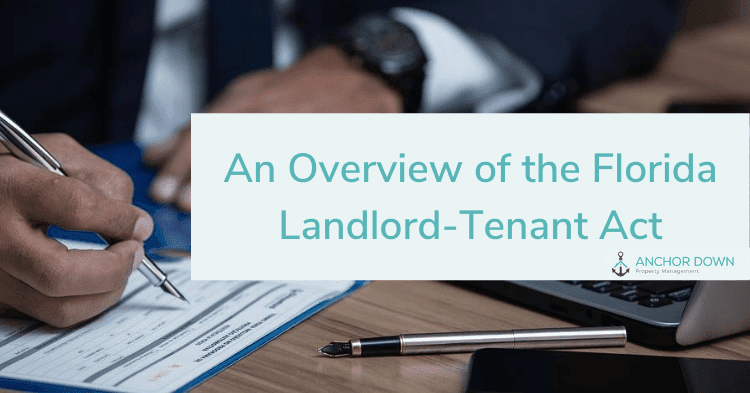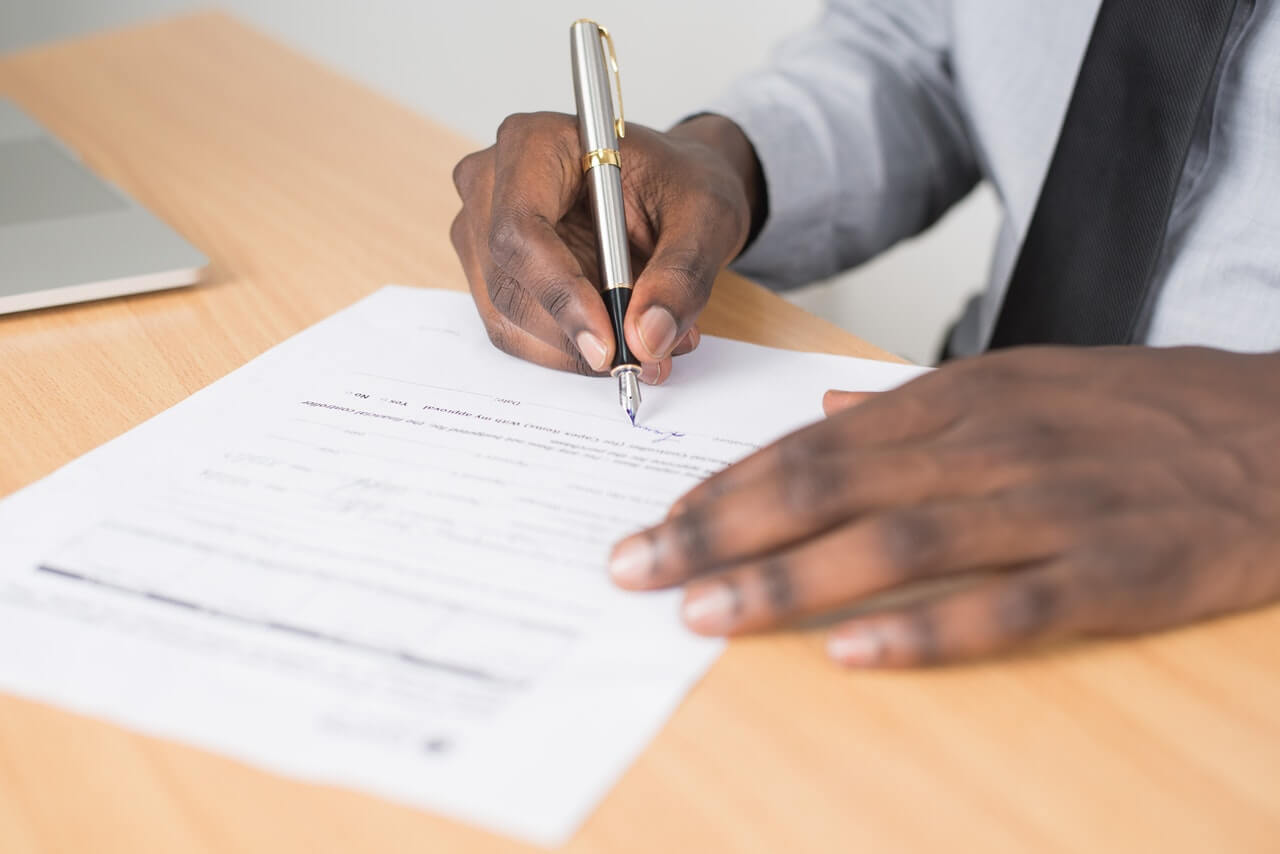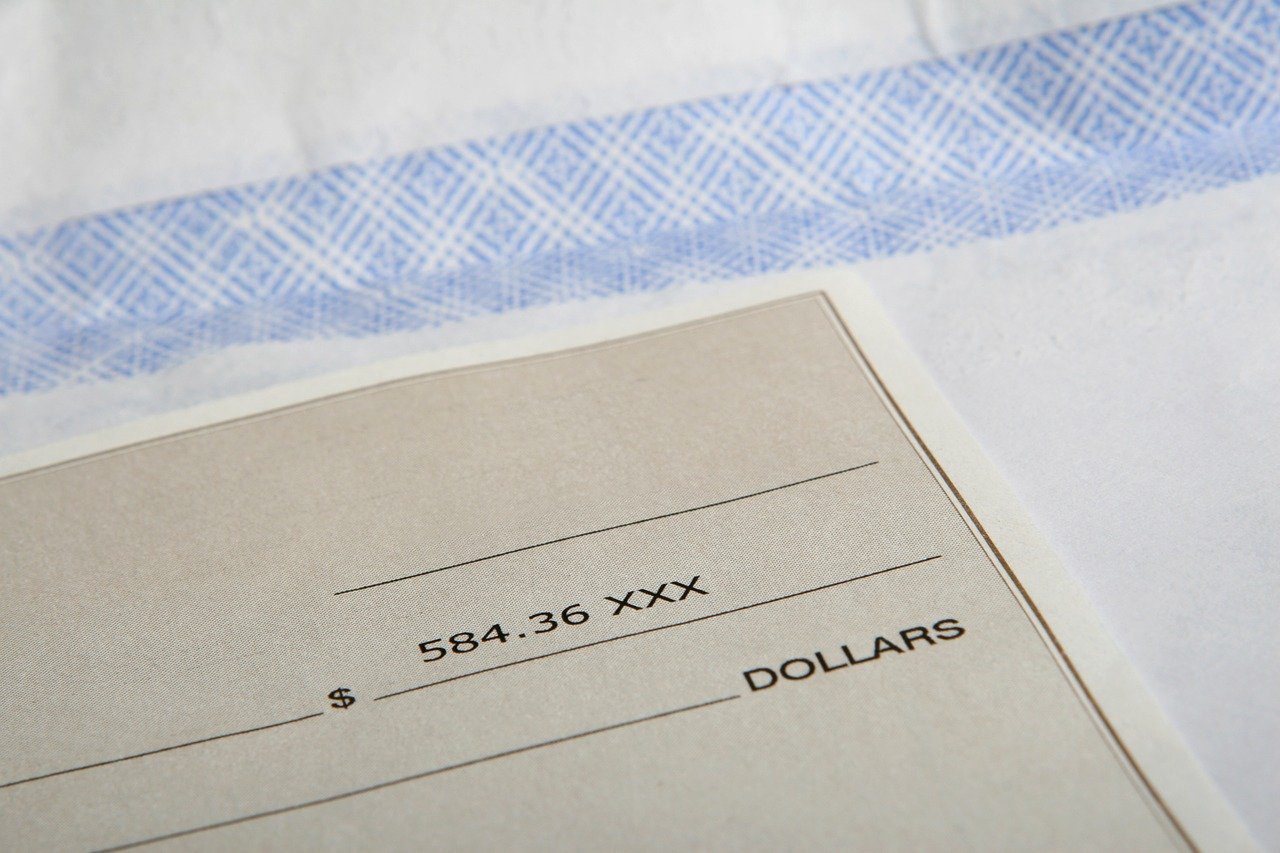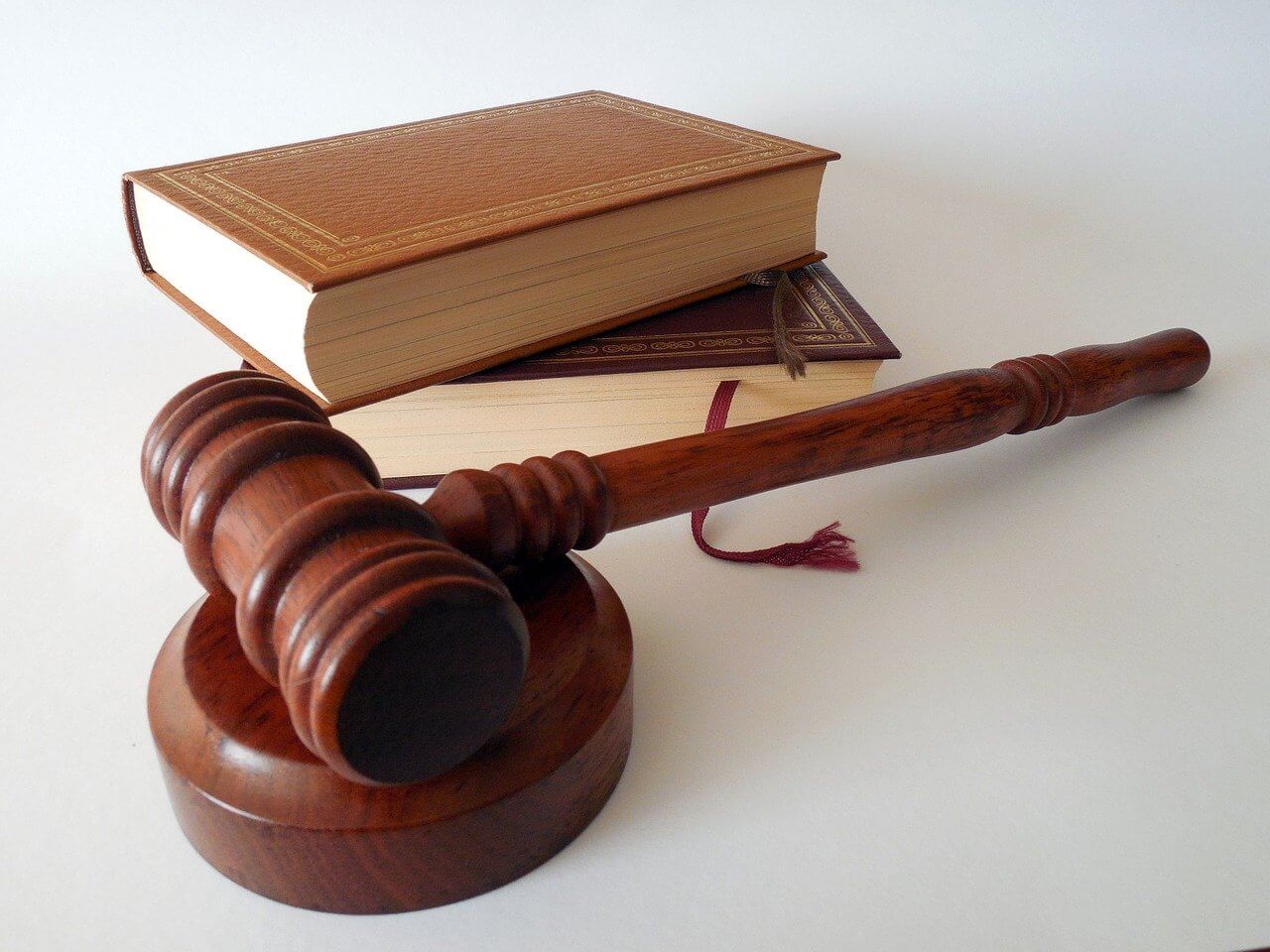
Landlords and tenants running into disagreements is a fairly frequent occurrence. Often times these disagreements are simply due to misunderstandings of the lease agreement and the Florida landlord-tenant laws. These laws provide the basic governing information regarding the relationship between the two parties, as well as the rights and responsibilities they both have.
Failure to follow the terms of a lease may mean a lease can be broken without punishment. Regardless of which party you are in, this blog will provide you with a basic overview of the laws so you can have a better understanding of what they require from you.
Required Landlord Disclosures in Florida
In Florida, much like other states, landlords are required to disclose certain information to their tenants prior to their lease signing and move-in. These disclosures include:
- The landlord’s identity. A landlord must disclose their identity as well as the identity of the property manager or any other person acting in their capacity to the tenant.
- Radon gas: Some buildings in Florida have been found to contain high levels of radon gas. Radon gas is a dangerous health hazard that can even cause death. It’s for this reason that landlords with such buildings have to inform their prospective tenants before lease signing.
- Fire Protection: Florida law requires landlords to inform their tenants whether or not their building has sufficient fire protection. This is only required for buildings that exceed 3 stories.
- Security Deposits: There are several details in the Florida statutes regarding deposits that landlords must provide to their tenants regarding their handling of the tenant’s security deposit. You can read more on the specificities of security deposit laws in Florida here. These include how and where they intend to store it, as well as on matters regarding interest.

Florida Tenant Rights and Responsibilities
Tenants in Florida have the right to:
- Live in a property that is both habitable and safe.
- Live in their property undisturbed.
- Get notified by their landlord when the landlord requires access to the property.
- Get notified by the landlord when the landlord is looking to make changes to the lease or rental agreement.
- Have repairs completed in a timely manner once requested.
- Remain in the property until the due process of the law has been followed to evict them.
While they are enjoying these rights, tenants still have a variety of responsibilities to uphold while living in the property. These include:
- Paying their rent when it is due.
- Caring for the property by ensuring it is clean and sanitary at all times.
- Letting their landlord know when they will be gone from the property for extended periods of time, such as for a vacation.
- Letting their landlord know when there is a maintenance task needed.
- Abiding by all terms of the lease agreement.
Florida Landlord Laws: Rights & Responsibilities
Similar to tenants, Florida landlords have a set of legal rights. These include:
- Getting notified when a tenant wants to vacate the premises.
- Getting notified when there is a maintenance issue that needs to be addressed.
- Enforcing each and every term of the lease or rental agreement.
- Getting notified when a tenant is looking to leave the property for extended periods of time.

Additionally, landlords have many legal responsibilities that they must uphold, including:
- Following all state laws regarding rent. For example, they must follow all laws when looking to raise or evict a tenantfor nonpayment of rent.
- Treating all prospective and existing tenants equally and fairly without any form of discrimination.
- Providing their tenants with a safe and habitable property
- Notifying their tenants whenever they want to access their properties.
- Not retaliating against any tenant who exercises any of their legal rights.
- Following the terms of the lease or rental agreement.
An Overview of the Landlord-Tenant Laws
1. Renters’ Rights to Withhold Rent
Florida landlords are responsible for providing a safe and habitable rental property to their tenants. If they fail to do so, tenants have several options. They can:
- Stop making further rent payments.
- Repair the problem themselves and then deduct the appropriate amounts from their rent payments.
- File a lawsuit against the landlord.
- Notify the relevant authorities.
- Move out of the property without any further rent obligations.
2. Florida Landlord-Tenant Law: Security Deposits
While security deposits aren’t required by law in Florida, many landlords require them. They have the right to do so. Security deposits help cushion landlords against financial troubles that could occur if a tenant:
- Fails to pay rent
- Moves out before the lease is over
- Causes excessive property damage
- Moves out without paying the remainder of their utility bills
The landlord-tenant law also provides tenants with various rights. For the full Florida security deposit laws, please click here.

3. Discrimination Laws
Discriminating against tenants based on the protected classes is illegal in the state of Florida per the Fair Housing laws. The protected classes are sex, religion, national origin, color, race, disability, marital status, citizenship status, age, HIV/AIDS, sickle cell trait, and genetic information.
4. Habitability
Landlords have a responsibility to ensure their property meets all the local, state, and federal building, health, and safety codes. A habitable rental property has the following:
- Locks that are functioning properly.
- Floors, stairways, and railings that are properly maintained.
- Adequate garbage receptacles.
- Indoor and outdoor premises that are free from infestation
- Lighting, heating, and electrical facilities which are up-to-code.
- Effective weatherproofing of the walls, windows, and roof.
5. Landlord’s Entry
Tenants in Florida have a right to the quiet enjoyment of their properties, and landlords must provide adequate notice whenever looking to access their rented premises. Landlords may require access for the following reasons:
- An emergency.
- Necessary repairs.
- When showing the property to prospective buyers, tenants, or lenders.
- With sufficient reason to believe the unit has been abandoned.
- Pursuant to the orders of the court.
6. Small Claims Lawsuits
A small claims court is a statute-created tribunal that has specific powers to listen and determine a legal case. How much one can sue for depends on the state they are in. In Florida, that amount is capped at $5,000. Landlords and tenants may use this court.

Disclaimer: This article is only meant to be informational. It is in no way a substitute for legal advice. If you need further help, please consider seeking expert help from a qualified attorney. You can also contact the team at Anchor Down Property Management and we can help you navigate these laws appropriately.
